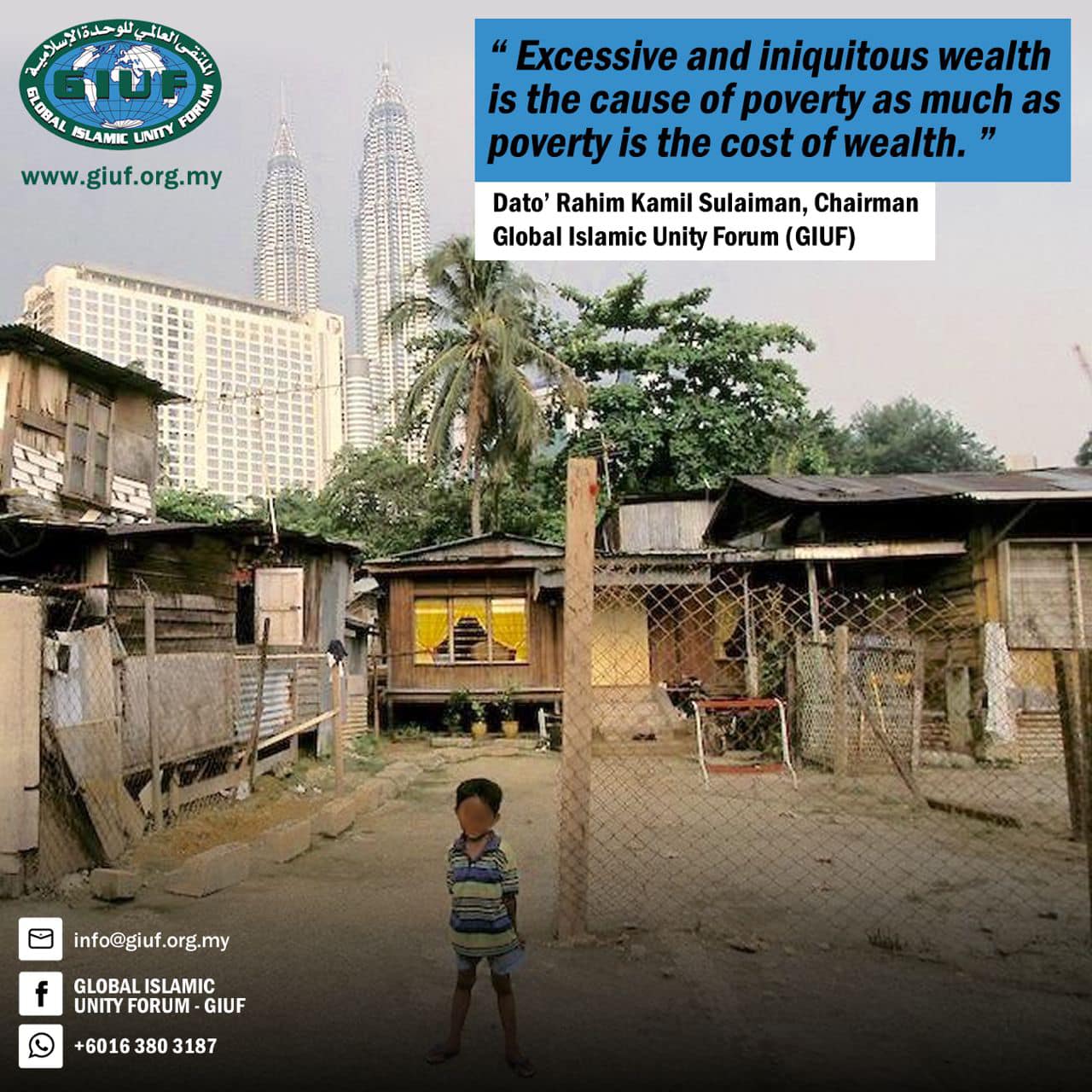The analysis of economics is still premised on the necessity of income inequality. The idea that scarcity is fundamental in economic philosophy is based on ancient mythologies. The gods of medieval worlds (Greece, Egyptian, and others) must establish their superiority by depriving humanity of fire and other basic needs.
In the poetry of Hesiod in “Works and Days”, humanity is destined to a lifetime of labor and not one of ease and peace. Hesiod believes scarcity is the “means of life that the gods keep hidden from men.” The gods reward the select few priests and divinely ordained rulers with abundance and pleasure for keeping the masses subjugated in religious submission.
Although Adam Smith brought enlightenment to modern economic analysis, the notion of deprivation in Hesiodic poetry persists in the doctrines of both capitalist and socialist societies.
Many Quranic verses refuted the idea of divinely imposed scarcity which influences traditional religion, capitalism, and communism in one way or another.
One such verse is recited on the eve of every Friday:
“And when it is said unto them: Spend of that wherewith Allah has provided you, those who disbelieve say unto those who believe: Shall we feed those whom Allah, if He willed, would feed? You are only in plain error.”
The verse is unequivocal on the right of the poor in the wealth of the rich. Just as Islam rejects priesthood, which often justifies excessive concentration of wealth, it also refutes predestination.
Many Muslims erroneously resign to the notion that “a rich man is wealthy and enjoys its benefit with the sanction of God and the poverty-stricken is fated to be under the crushing weight of the system.
Everyone should be pleased with the free Will of the Sustainer and dare not attempt to change the prevailing conditions of economic structure”.
Unfortunately, Muslim imperial conquest had also eroded the right of the poor to the wealth of the rich. The palaces of the Muslim conquerors did not reflect the life of Prophet Muhammad SAW and the Rightly Guided Caliphs.
As a result, the sociology of poverty as a field of study is not prevalent in the Muslim world of modern times.



